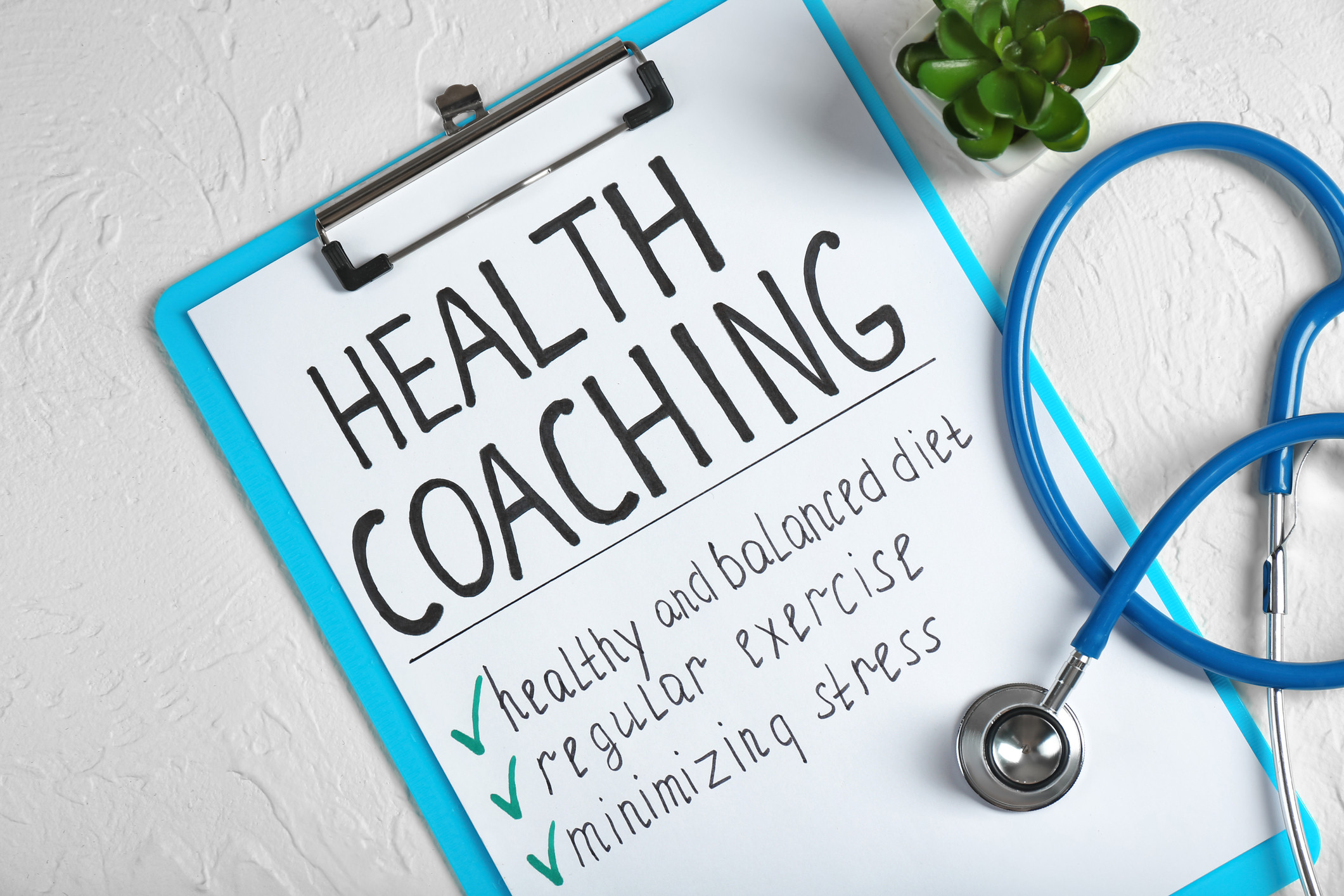
Driving with arthritis pain: Stay comfortable — and safe — behind the wheel

Daily cup of coffee may prevent afib recurrence

Gene-editing therapy lowers harmful blood fats in early study

What is EMDR therapy, and who can it help?

GLP-1 drugs versus bariatric surgery for treating obesity

Two dumbbells, three exercises, and 10 minutes

Easing the emotional burden of IBS

Modify your push-ups to meet your fitness level

What is long QT syndrome?

Stroke survivors may benefit from very low LDL levels
Stress Archive
Articles
Prepare for prehab
What you do before procedures can help get the best results.
If you're planning a complex medical procedure or surgery, you'll hear a lot about the steps you'll need to take afterward to speed up recovery and reduce complications. But it's equally important to focus on your health beforehand, too.
"Preparing both your body and mind before an invasive medical procedure can help you better manage and overcome the many stresses you encounter," says Dr. Julie Silver, associate chair for the department of Physical Medicine and Rehabilitation at Harvard Medical School. "If you are healthier and stronger going in, you have a much higher chance of avoiding setbacks."
Can hot baths protect your heart?
News briefs
Taking a warm bath helps soothe aching joints, wash away stress, and promote sleep. Now, a study published online March 24, 2020, by the journal Heart suggests that daily hot baths are also associated with better heart health. Researchers analyzed self-reported health and lifestyle information from more than 30,000 middle-aged people in Japan. Participants responded to a questionnaire at the start of the study and were then followed for about 20 years. Compared with people who didn't take a tub bath more than twice a week, people who took a daily warm or hot bath had a 28% lower risk of cardiovascular disease and a 26% lower risk of stroke. The study is only observational and doesn't prove that daily tub bathing staves off heart problems. But previous research has shown that the effects of tub bathing on the body are similar to those of exercise. Use caution, however: taking baths in very hot water is also tied to sudden death due to overheating, confusion, or drowning. If you're going to take a bath, keep the temperature comfortable and don't risk overheating. Finally, this study says nothing about the possible cardiovascular benefits of hot showers.
Image: © JohnnyGreig/Getty Images
Can forest therapy enhance health and well-being?
When you were a child and your mother told you to go play outside, it wasn’t just because she needed some child-free time. Inspired by a Japanese practice, forest therapy is an immersion in nature that has been shown to have positive effects on health.
Collaborative care: Treating mental illnesses in primary care
Collaborative care is a team-based model of integrated psychiatric and primary care that can treat mental illnesses in the primary care setting. Providing this patient-centered care in the primary care setting improves access to mental health care and reduces stigma.
5 ways to prevent a heart attack
These are the most effective ways to protect yourself.
Here are some alarming statistics about heart attacks:
- Every 40 seconds, someone in the United States has a heart attack.
- Every year, about 805,000 Americans have heart attacks, 75% of which are first-time attacks.
- The average age of a first heart attack among men: 65.
However, the most troubling fact about heart attacks is that many people don't take steps to protect themselves, says Dr. Deepak L. Bhatt, executive director of interventional cardiovascular programs at Harvard-affiliated Brigham and Women's Hospital Heart & Vascular Center. "Reducing your risk of cardiovascular disease is the best way to guard against heart attacks," he says. "There are simple ways to do this, but unfortunately, many people still don't follow them as they should."
Here's a look at five ways you can protect yourself from cardiovascular disease, and thus possible heart attacks, and avoid being another statistic.
7 common causes of forgetfulness
Memory slips are aggravating, frustrating, and sometimes worrisome. When they happen more than they should, they can trigger fears of looming dementia or Alzheimer’s disease. But there are some treatable causes of forgetfulness.
Health coaching is effective. Should you try it?
The growing field of health and wellness coaching uses motivational techniques and positive psychology to offer people individualized support as they work to achieve their health goals.
Finding meaning in life could improve your health
In the journals
Do you feel you have a purpose in your life — or perhaps think you will never find one? The answer could influence your overall well-being, says a recent study in the January/February 2020 issue of The Journal of Clinical Psychiatry.
Researchers asked 1,042 adults, average age 65, to fill out questionnaires about meaning in their lives, and compared their responses with data on their physical and mental well-being. Respondents who believed they had meaning in their life had better physical and mental health scores and higher cognitive function compared with those who didn't.
Can stress really make hair (or fur?) turn gray?
Does stress really turn hair gray? Scientists conducted experiments that simulated stress and led to gray hair—in mice, which does not mean it’s true for humans, regardless of what you may have heard in the media.
Puppy love may help your heart
An increasing body of research shows that dog ownership may boost heart health.
Looking to improve your heart health? You might want to think about getting a dog.
A growing body of scientific research suggests that having a canine companion is associated with number of health benefits, including improved cardiovascular health. "Numerous studies from Scandinavia, England and the United States suggest that dog owners have better health than individuals who don't own dogs. But what we really want to know is whether owning dogs produces better health or if it just means that healthier individuals are more likely to own dogs," says Dr. Dhruv Satish Kazi, a cardiologist and associate director of the Smith Center of Outcomes Research at Beth Israel Deaconess Medical Center and a member of the faculty of medicine at Harvard Medical School.

Driving with arthritis pain: Stay comfortable — and safe — behind the wheel

Daily cup of coffee may prevent afib recurrence

Gene-editing therapy lowers harmful blood fats in early study

What is EMDR therapy, and who can it help?

GLP-1 drugs versus bariatric surgery for treating obesity

Two dumbbells, three exercises, and 10 minutes

Easing the emotional burden of IBS

Modify your push-ups to meet your fitness level

What is long QT syndrome?

Stroke survivors may benefit from very low LDL levels
Free Healthbeat Signup
Get the latest in health news delivered to your inbox!
Sign Up











